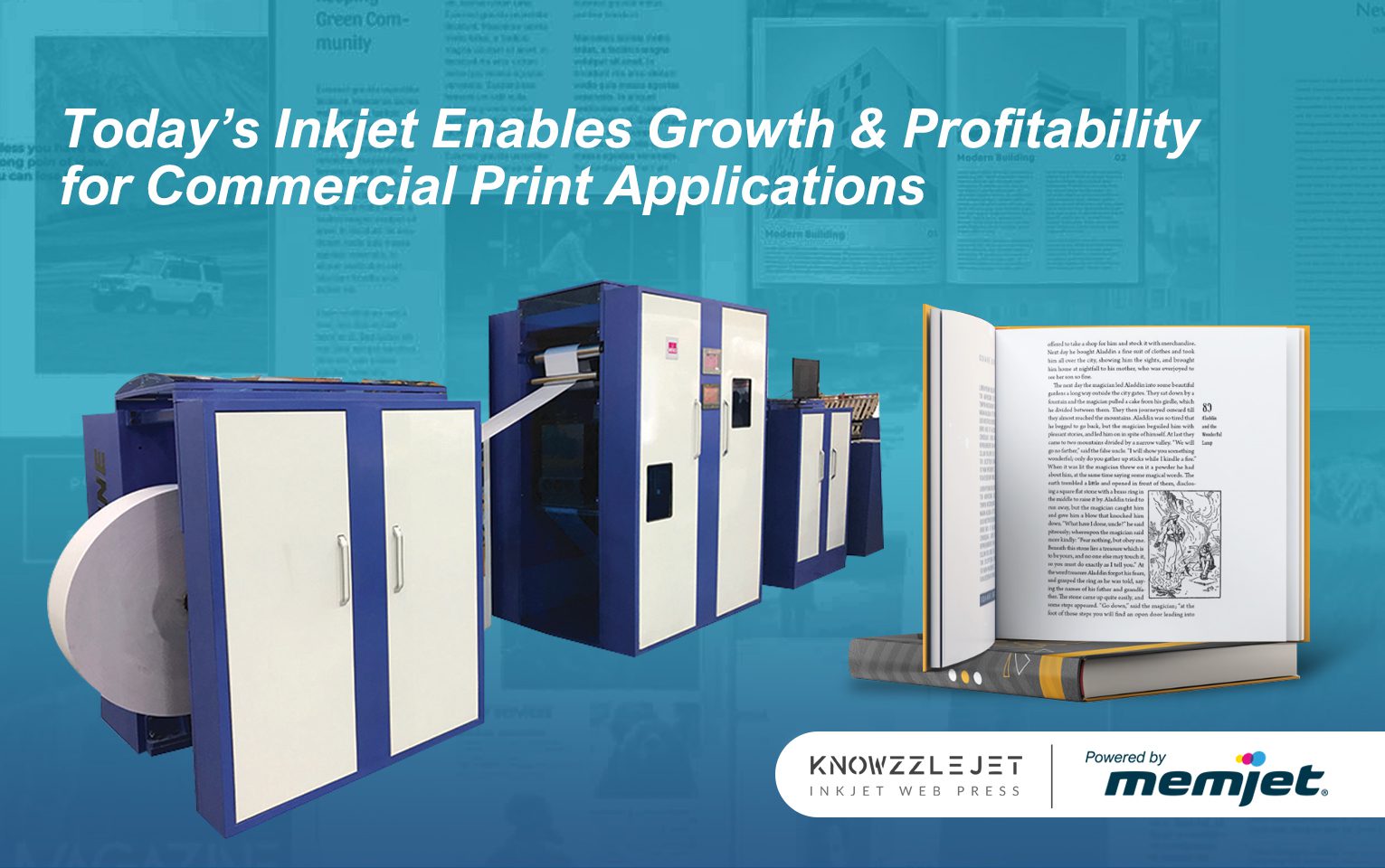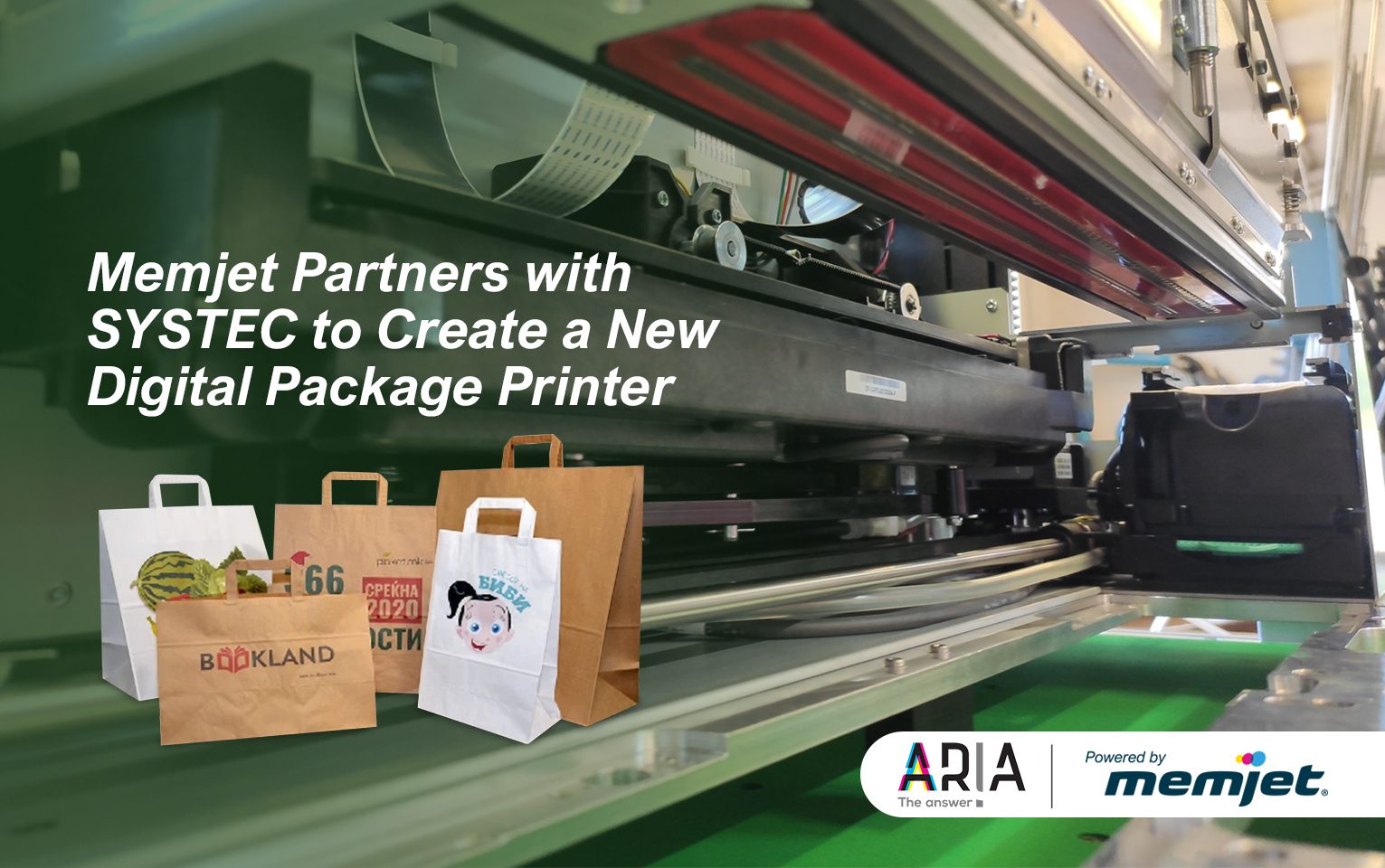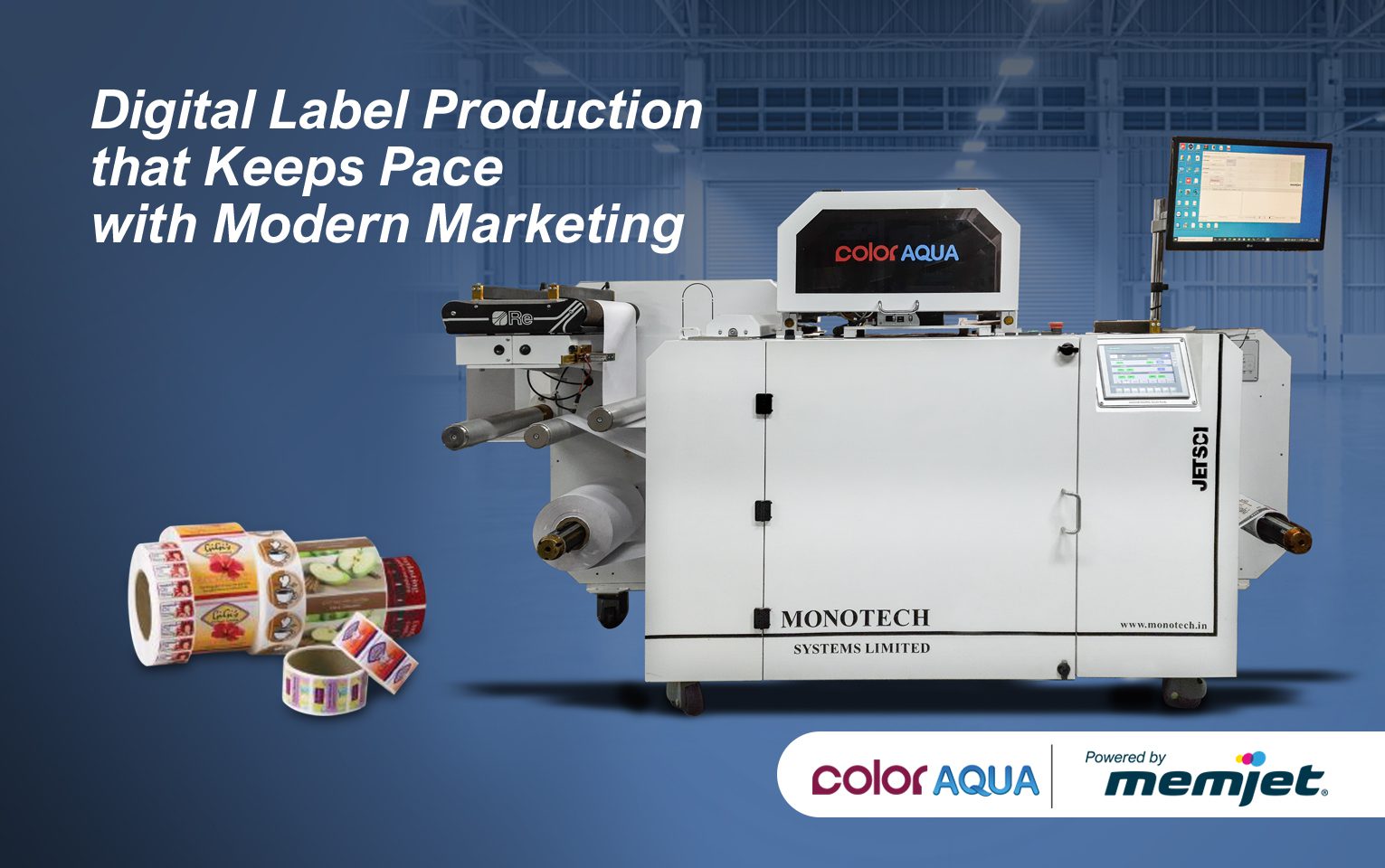By: John Ortiz, VP of Inks and Materials at Memjet

Printing Solutions that Navigate the Complex World of Food Contact Materials Compliance
If you’re an OEM creating printing equipment for label and package converting, food packaging is likely to be on the top of your customers’ list of objectives.
That’s because the majority of labels produced today are for food and beverage products. In its report “The Future of Digital Print for Packaging to 2022,” Smithers Pira notes that digitally printed labels and packaging were worth $13.4 billion in 2017. By 2022, the rapidly expanding digital packaging market will grow by almost 13 percent annually to exceed $22.0 billion.
While the label sector has been the early adopter of digital printing, it is starting to come of age and there is now robust growth in corrugated, carton, flexible packaging, and direct-to-shape.
The Complex World of Food Contact Materials
The food and beverage packaging opportunity, while vast, is not without its challenges. Converters must struggle with the complex issue of food contact materials (FCM) compliance aiming to ensure the safe use of packaging and other materials that come into contact with food during production, processing, storage, preparation, and serving.
In reality, FCM is burdened by a complex and confusing set of regulations that lack any harmonization.
The bad news is that FCM compliance is not likely to get any less confusing in the near future. The good news? As more and more label and package providers adopt digital printing solutions, many can realize the FCM compliance benefits inherent in Memjet’s inks.
Compliance Starts with the Right Ink
From the start, Memjet’s chemists optimize potential ink formulations for a myriad of performance requirements (e.g. PQ, OD, dry time), always cognizant of each ingredient’s suitability for sensitive applications.
Our ink formulation designs and manufacturing processes account for the extreme physical and operating demands placed on inks in the printing environment and are extremely selective to ensure that printheads operate effectively and unknown contaminants are not going to be present in your printed materials, labels, or packaging, from the first drop through the billionth.
Memjet’s ongoing research and development, combined with our manufacturing quality control efforts, ensure that our inks remain suitable for use on tested food packaging, and throughout your product lifecycle.
With an all water-based ink portfolio, free from toxic and reactive chemistries, like those in UV curable, solvent, and liquid toner inks, Memjet inks are safer for the earth and for the people handling them – making them an essential differentiator for OEMs creating FCM compliant solutions.
Your Resource in This Growing Complexity
Memjet has the resources needed to help you navigate this complex issue. Our team of scientists and engineers specializing in ink chemistry, printhead and mechanical systems, as well as experts in regulatory compliance issues, are able to work in partnership with our OEMs, their customers, as well as substrate manufacturers to help navigate the complexities of FCM compliance.
Read our newest white paper for a good foundation on which to build your FCM knowledge.



